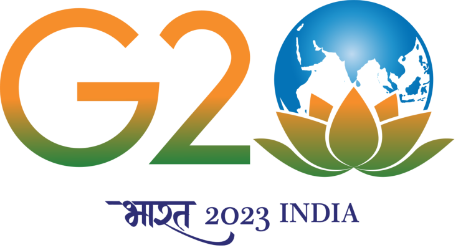IEC registration is an identification number allotted to exporters and importers in India. It is issued by the Directorate General of Foreign Trade (DGFT) under the Department of Commerce. The IEC code is valid for a lifetime and enables exporters and importers to conduct their trade transactions smoothly.
IEC Registration is required to clear customs when importing or exporting goods or services and to claim benefits or incentives under the Foreign Trade Policy (FTP) or other schemes of the government. To send or receive money in foreign currency for trade transactions. and to open a foreign currency account in a bank for trade purposes.
The process is entirely online and accessible through the DGFT website. You need to provide basic business details, including a PAN card, address proof, business registration proof, and a bank certificate. Once you have submitted, documents are verified by DGFT officials. Upon successful verification, the IEC is typically issued within 10-15 working days. Once issued, an IEC remains valid for the lifetime of the entity. However, businesses must ensure that their IEC details are updated regularly, especially if there are any changes in the business structure or operational details.
While the IEC doesn’t require periodic renewal like some other licences, it’s essential to keep it updated to avoid any discrepancies during customs clearance or international transactions. The ESI scheme is administered by a corporate body called the ‘Employees’ State Insurance Corporation’ (ESIC), which has members representing Employers, Employees, the Central Government, the State Government, the Medical Profession, and the Parliament.
The IEC simplifies and streamlines various essential trade-related processes, saving you time and effort. It’s a mandatory requirement for filing shipping bills, clearing goods through customs, obtaining foreign exchange from banks, and claiming benefits under government-backed export promotion schemes. By possessing an IEC, you can navigate these procedures seamlessly, ensuring efficient and timely completion of trade activities.
Financial institutions and government authorities often require IEC for various purposes. Whether it’s for availing certain benefits or complying with regulatory norms, possessing an IEC becomes essential in navigating the bureaucratic landscape associated with cross-border trade. This requirement reinforces the code’s importance in the broader context of international business.
Holding a valid IEC code enhances the credibility of exporters and importers, making them more attractive to international trading partners. IEC-registered entities are eligible for various government schemes and incentives, such as duty-free imports, export promotion schemes, and technology transfer initiatives.
The Indian government actively encourages and promotes foreign trade through various schemes and incentives. Having an IEC grants you eligibility to participate in these beneficial programs, which can provide financial assistance, tax benefits, and other forms of support to boost your export endeavours. These schemes can prove instrumental in enhancing your competitiveness in global markets and strengthening your financial position.
IEC Registration is a simple and easy process that can be completed within a few days. It is a necessary and beneficial step for anyone who wants to engage in import or export activities in India. IEC Registration is a key business identification number that can help the firm to grow and prosper in the global trade scenario.
Conclusion
As we all know, efficient IIEC (Integrated Industrial Estate Complex) registration is facilitated through Digital Seva and the Digital Seva Portal. Utilising CSC registration streamlines the process, ensuring a seamless experience for applicants. Leveraging the digital platforms enhances accessibility, marking a progressive step towards simplified and efficient registration for industrial ventures through the integrated approach of Digital Seva and CSC.


